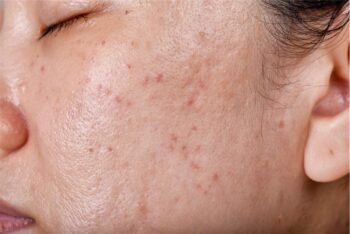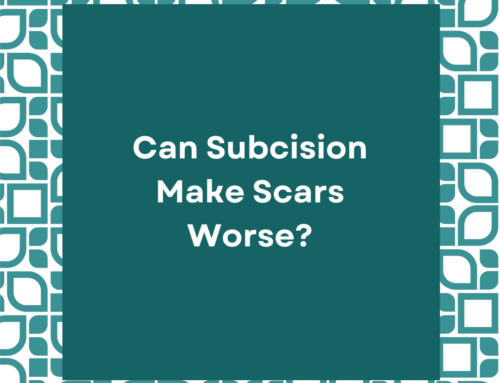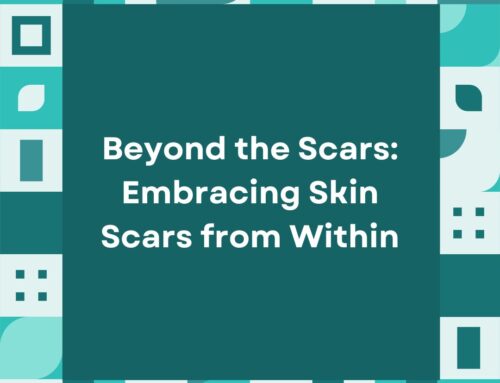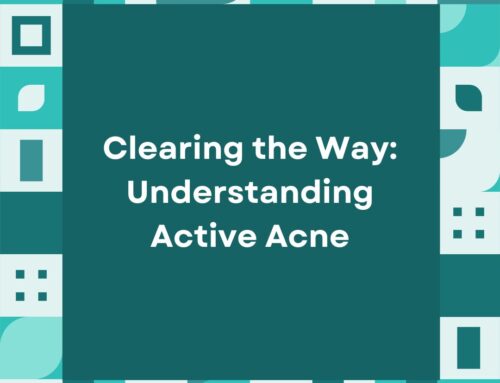Meet Acne Vulgaris
Acne vulgaris is a common skin condition that affects millions of people around the world. It is characterized by the presence of inflamed pimples, pustules, and cysts on the face, neck, chest, and back. While acne is often considered a minor skin problem, it can have a significant psychosocial impact on those who are affected by it.
The psychosocial impact of acne can be particularly significant for individuals with severe or persistent acne, or for those who develop acne scarring. Acne scarring is the result of damage to the skin’s collagen tissue, which can occur when pimples or cysts become inflamed or rupture. Scarring can range from mild, with shallow pits in the skin, to severe, with deep indentations and bumps.
One of the main ways in which acne and acne scarring can affect an individual’s psychosocial well-being is by causing negative body image and low self-esteem. People with acne and acne scarring may feel self-conscious about their appearance and may worry about how they are perceived by others. They may feel that they are not attractive or that they do not fit in with societal norms of beauty.
A review published in the Journal of Clinical and Aesthetic Dermatology found that people with acne scars often experience negative body image, low self-esteem, and social isolation, and that these psychosocial impacts can persist for years after the acne has resolved (Acne scarring: A review and current treatment modalities. Journal of Clinical and Aesthetic Dermatology, 2016).
These negative body image and self-esteem issues can lead to social isolation and difficulties in interpersonal relationships. People with acne and acne scarring may feel uncomfortable in social situations and may avoid them altogether, which can lead to loneliness and a sense of disconnection from others.

Another way in which acne and acne scarring can have a psychosocial impact is by affecting an individual’s employment and educational opportunities. Some people with acne and acne scarring may feel that they are not suitable for certain jobs or that they are at a disadvantage in the job market due to their appearance. They may also feel that they are not able to pursue certain education or training opportunities because of their acne or scarring.
Acne and acne scarring can also have a psychological impact, including feelings of depression, anxiety, and stress. People with acne or acne scarring may feel that their appearance is out of their control, which can lead to feelings of helplessness and hopelessness. They may also feel that their acne or scarring is a barrier to achieving their goals or to building meaningful relationships.
It is important to recognize the psychosocial impact of acne and acne scarring, as it can significantly affect an individual’s quality of life. There are a number of treatment options available for acne and acne scarring, including medications, topical treatments, and procedures. These procedures range from chemical peels, laser resurfacing, and microdermabrasion to other take home treatments and medications. Some people with acne and acne scarring may also benefit from psychological support, such as counseling or support groups.
In conclusion, acne vulgaris and acne scarring can have a significant psychosocial impact on those affected by them. It is important to recognize and address these impacts in order to improve the quality of life for individuals with acne and acne scarring.
Come to Scar Healing Institute to start your journey of skin healing!
Schedule an Appointment
Scar Healing Institute
Scar Healing Institute is committed to developing the most effective treatments for scarring. Our team of scar revision specialists are continually inventing the latest technologies and formulas to deliver the best results for our patients.




